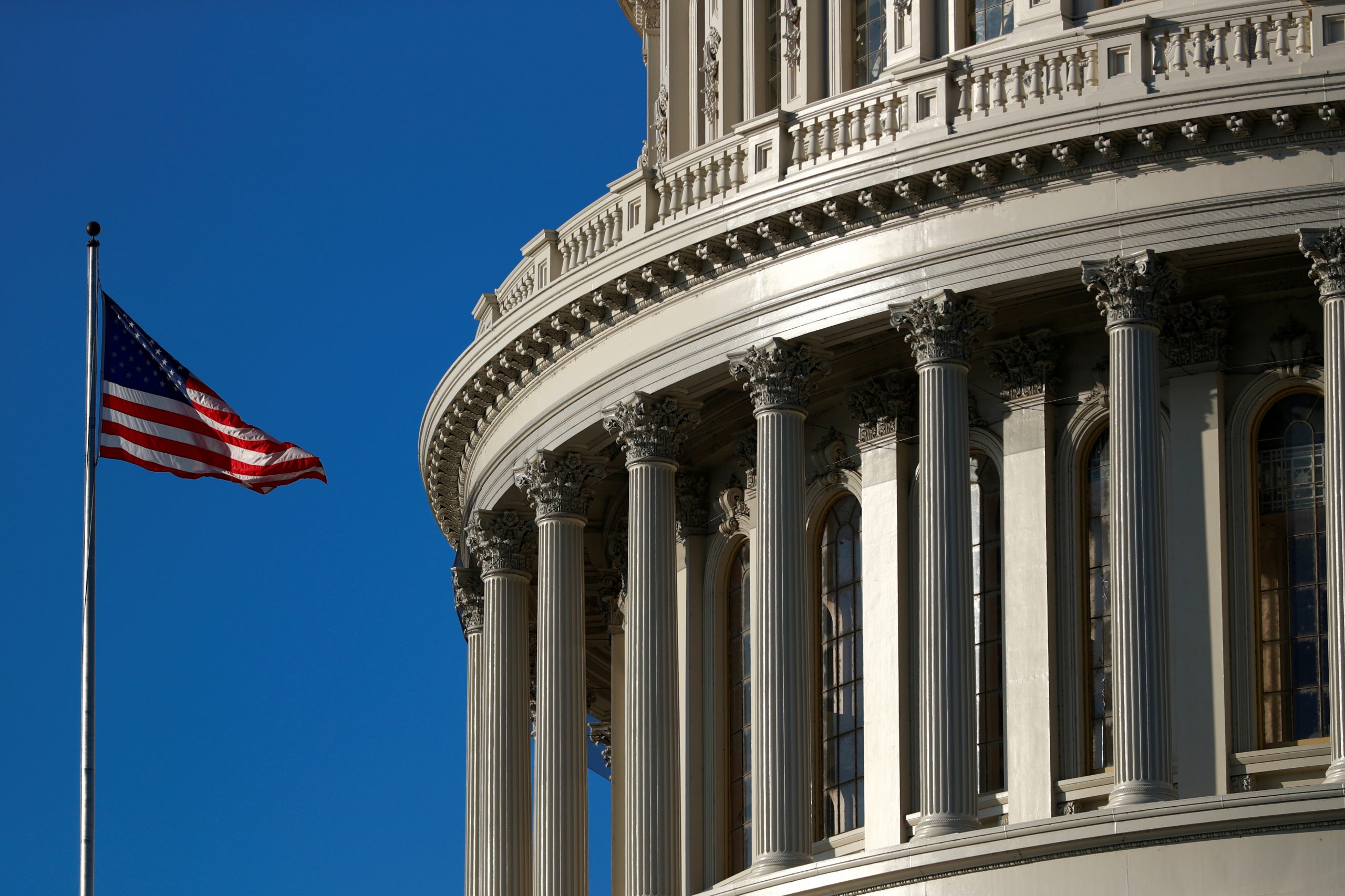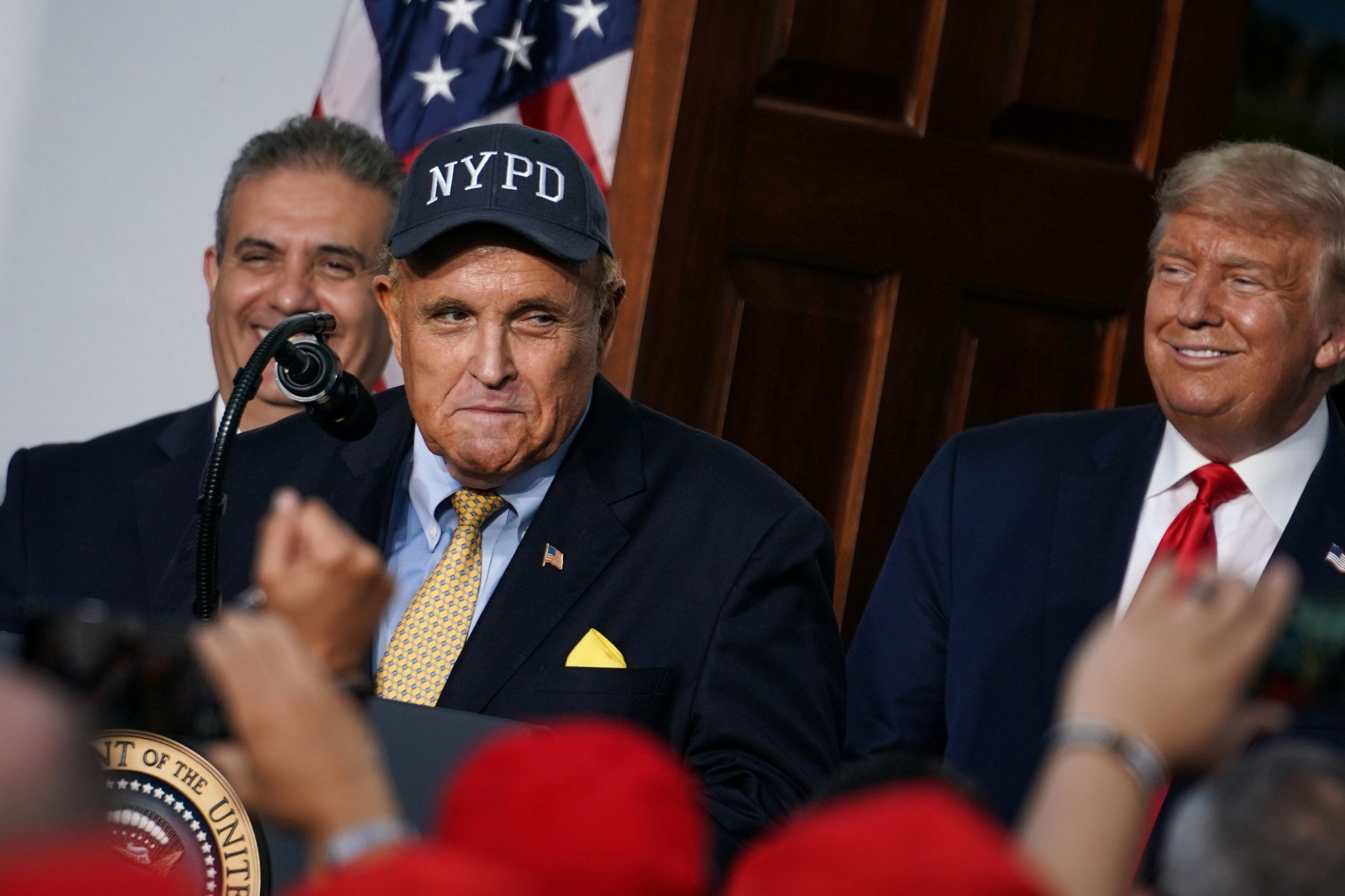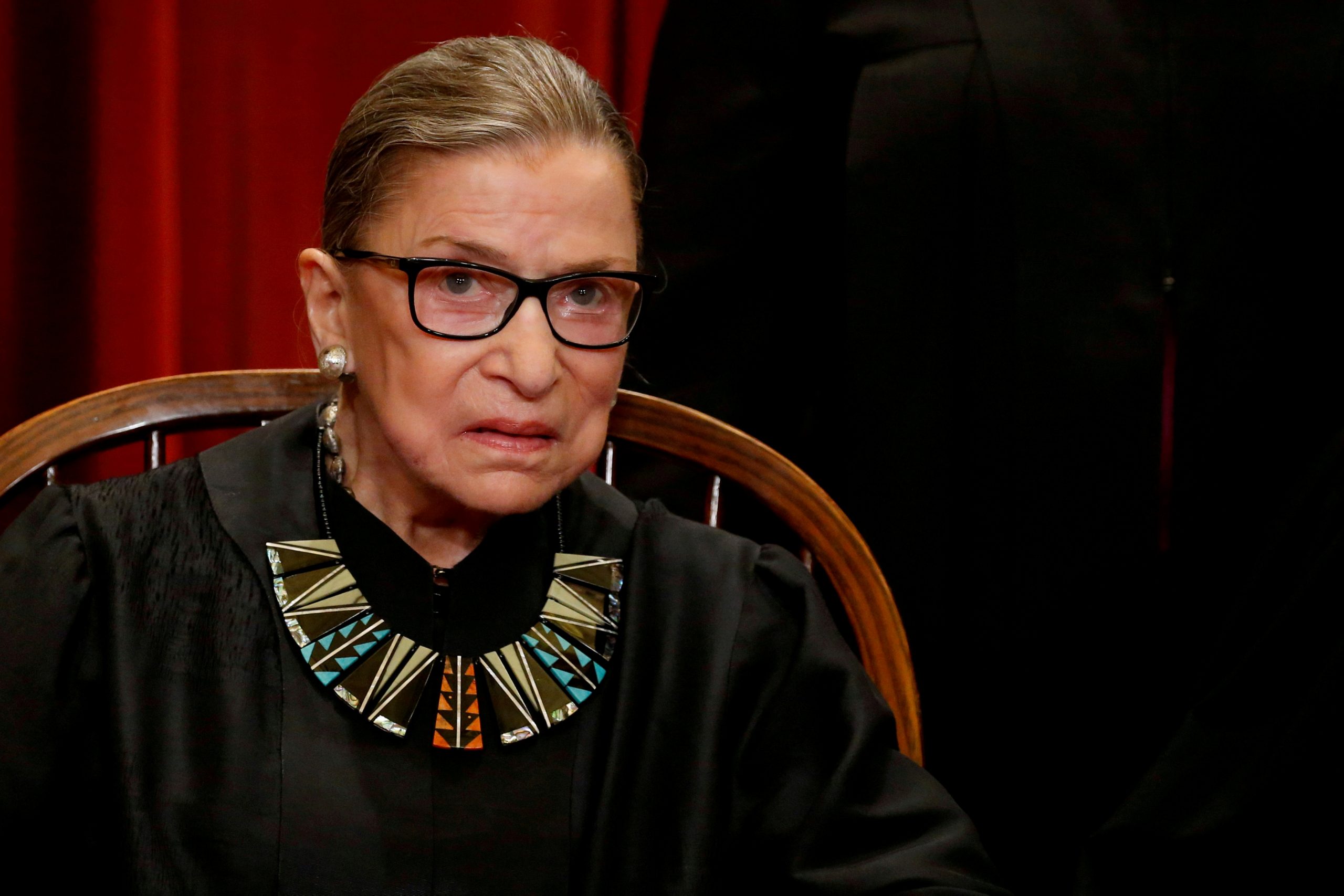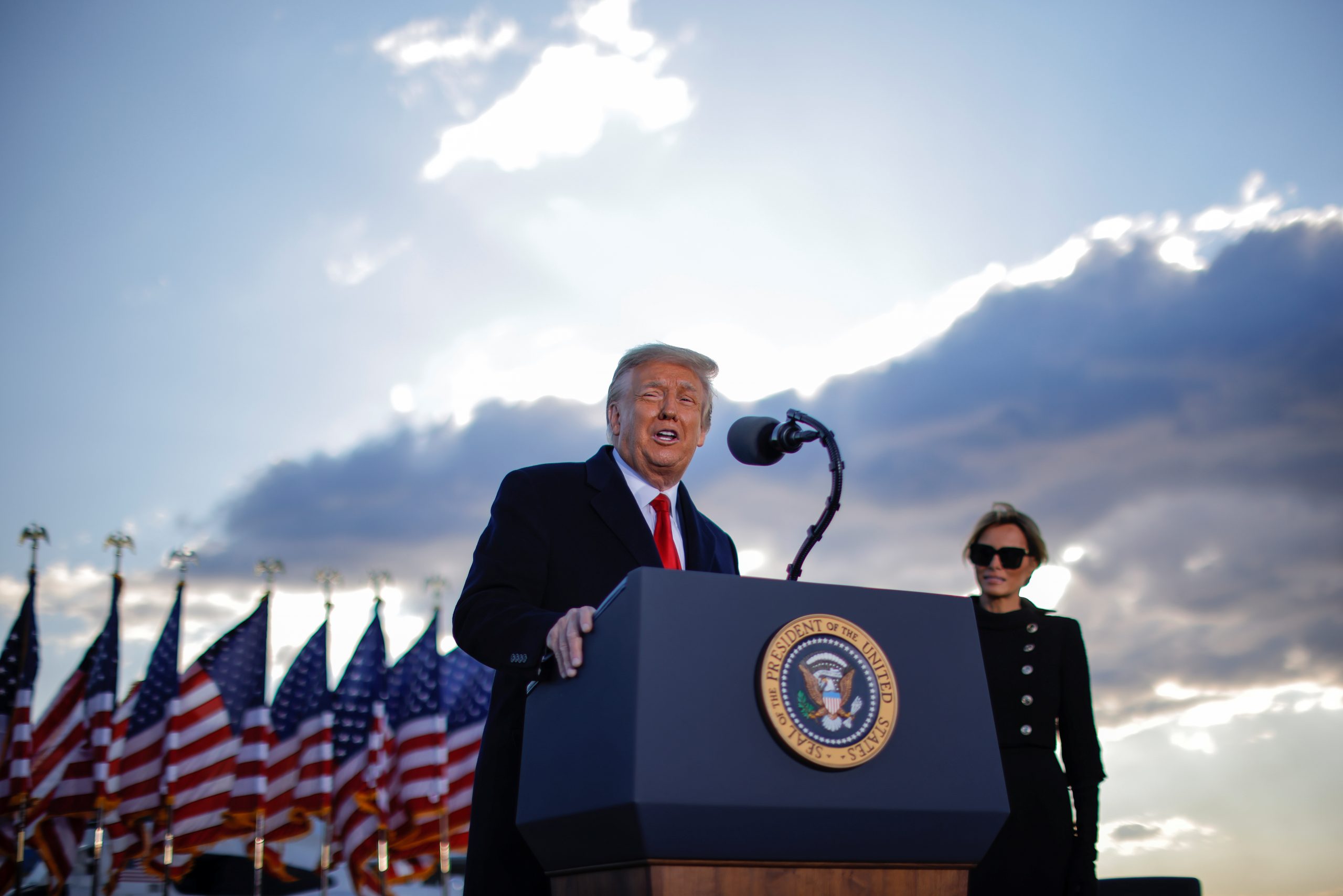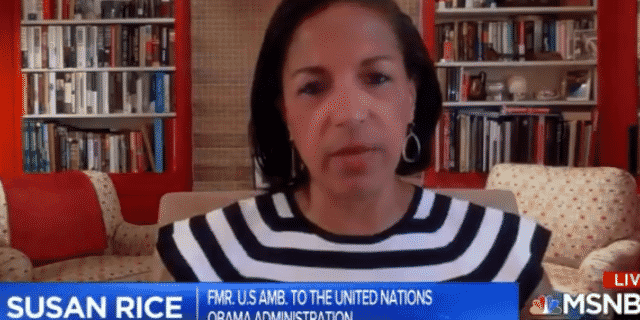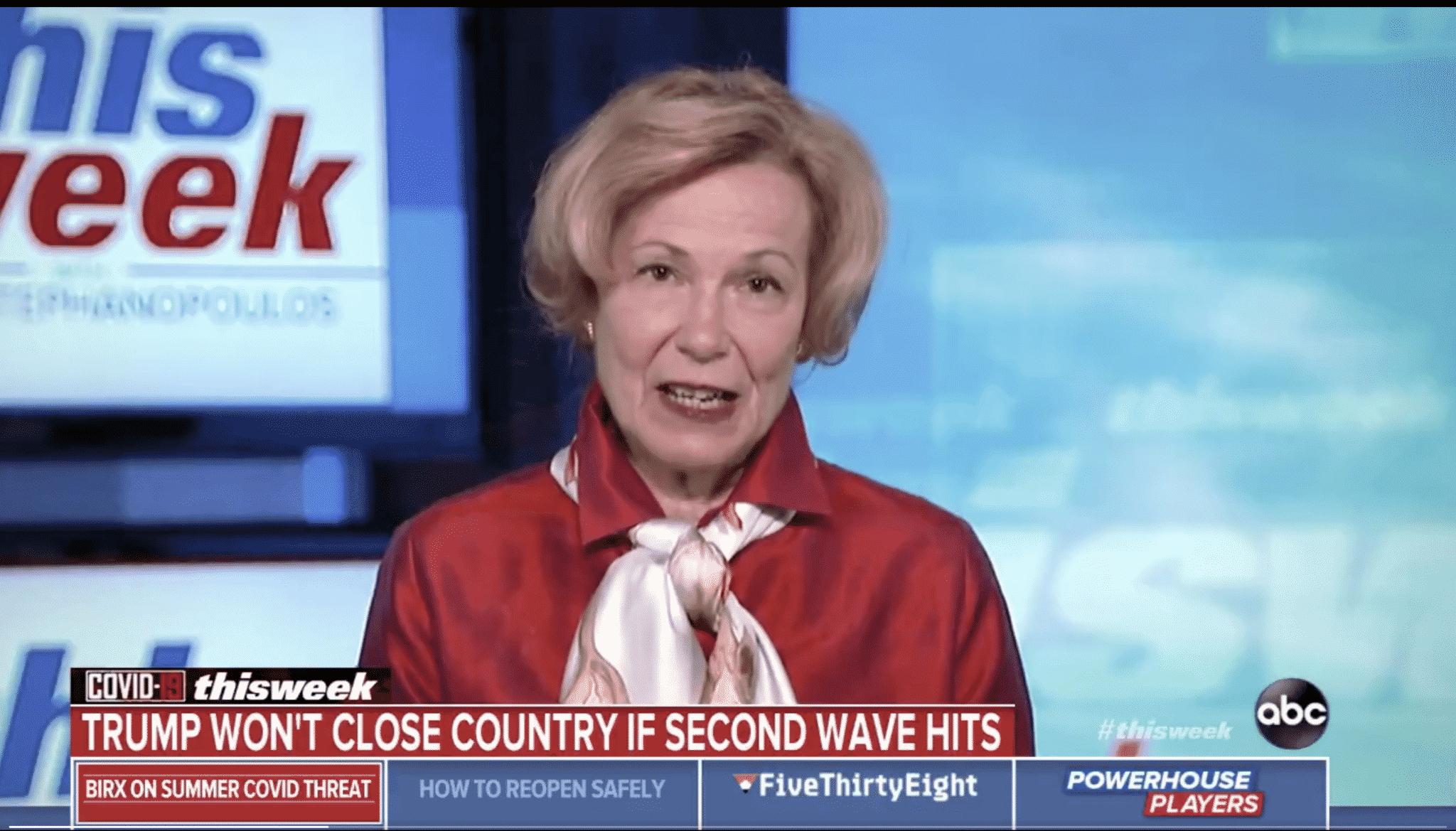U.S. Republicans underscored the need for tax cuts and business liability protections in any new coronavirus legislation on Tuesday, while preventing Democrats from requiring transparency for a $650 billion-plus program for struggling small businesses.
Republican President Donald Trump outlined his own wish list of policies for Congress to consider, including payroll tax cuts and a business expense deduction for restaurants and entertainment, as Republicans and Democrats sparred over the next round of legislation to help the United States combat the coronavirus crisis.
“The elimination of Sanctuary Cities, Payroll Taxes, and perhaps Capital Gains Taxes, must be put on the table,” Trump wrote in a tweet.
Senate Majority Leader Mitch McConnell, while underscoring his demand that any new bill protect businesses from coronavirus-related lawsuits, told reporters that Republicans are working on a “narrowly crafted” measure that would not protect companies guilty of “gross negligence.”
While Senate Democrats tried to push through a new coronavirus bill requiring public disclosure for relief programs for small businesses, McConnell emphasized the need for a “pause” in new coronavirus legislation so Congress can evaluate the effects of nearly $3 trillion in funding it has already allocated.
McConnell called the Republican-controlled Senate back into session this week for an agenda focused largely on Trump’s nominees for senior posts, including national intelligence director and special inspector general for a coronavirus relief fund. Democrats criticized the agenda for its lack of focus on the national public health emergency.
The Democratic-led House of Representatives remained in recess this week to avoid possible health risks posed by the novel coronavirus. House Majority Leader Steny Hoyer told reporters on Tuesday that he would not call the House back until another coronavirus relief bill is ready, possibly next week.
Senate Democratic leader Chuck Schumer and two other senators sought unsuccessfully Tuesday to get unanimous consent for legislation requiring the administration to issue daily and weekly reports on activities of its Paycheck Protection Program (PPP) for small businesses and other disaster relief assistance initiatives.
Democrats said disclosure is necessary to ensure that funding is actually helping small businesses. The PPP had a chaotic launch, has already run out of money once already, and may need an additional infusion of resources.
“How are you going to see how the programs are working if they don’t reveal where the money is going, if they’re not transparent?” Schumer said.
Small Business Committee Chairman Marco Rubio, a Florida Republican, acknowledged the need for disclosure but blocked the Democratic measure, saying he feared it could delay assistance for struggling businesses.
Senators held a morning confirmation hearing for U.S. Representative John Ratcliffe, Trump’s nominee for national intelligence director.
Brian Miller, a White House lawyer, later appeared at a hearing to consider his nomination to oversee a $500 billion fund to rescue larger businesses hit by the coronavirus pandemic.
Democrats raised doubts about both nominees and their independence from Trump.
Miller pledged to be independent if confirmed in the post. “We can’t afford to have it diverted to fraud, waste and abuse, and diverted to the pockets of those that would scheme to defraud the government,” he told the Senate Banking Committee.
(Reporting by Susan Cornwell, Richard Cowan and David Morgan; Editing by Scott Malone, Peter Cooney, David Gregorio and Jonathan Oatis)
